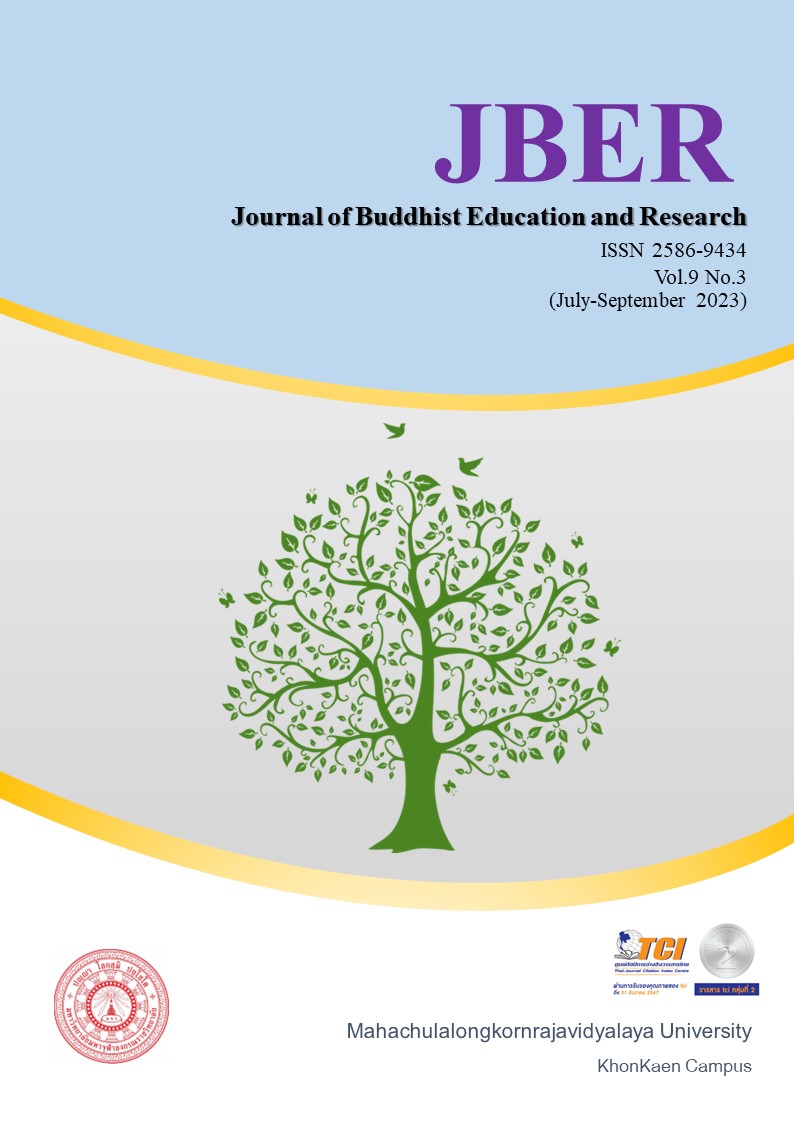CONDITIONS OF SALE CARTEL–ANALYSIS OF BULL ANTITRUST CASE
Keywords:
Antimonopoly Law; Cartel, Monopoly AgreementAbstract
Nowadays, the anti-monopoly laws of all countries in the world are not only applicable to the restricted competition generated within domestic, but also applicable to the restricted competition generated abroad but having an adverse impact on domestic market. However, some cases involving international cartels in recent years show that the excessive extraterritorial application of anti-monopoly law is not feasible, because it may not only produce jurisdictional and legal conflicts between countries, but also bring unreasonable economic burden to enterprises. According to the internationally recognized principles, the extraterritorial application of antitrust should be based on the "significant, direct and reasonably foreseeable" effect of overseas competition restriction on China. Several international cartel cases in China so far show that China has accepted this principle. In view of the fact that China has become an important place for the business activities of multinational corporations and the complexity of international economic activities, China should make clear provisions on the basic principles of extraterritorial application of antitrust in order to improve the transparency and predictability of antitrust law enforcement.
References
Lin, H. M. & Sun, S. R. (2017). Research on Stability Boundary of Two Cartel Collusion Mechanism in Repeated Procurement Auction. Operations Research and Management Science. 26(12): 104-111.
Qiao, P.P. (2014). On the role of antitrust law in international economy and trade. International Trade. 9 (2): 119-120.
Wang, J. P. & Xu, Z. H. (2017). Survivor Analysis of Cartel Cases in the European Union. Research on Economics and Management. 38(12): 63-73.
Wang, X. L. (2018). On antitrust from the perspective of national strategy—written on the 10th anniversary of the implementation of the anti-monopoly law of the people's Republic of China. Journal of Anhui University (Philosophy and Social Sciences). 42(5): 126-135.
Wang, Y. (2012). The significance of China's anti-monopoly legislation from the perspective of international economy and trade. International Trade. 3(10): 182-203.
Zhang, S. (2018). Analysis on the role of antitrust law in international economy and trade. Knowledge Economy. 18(2): 27-28.





